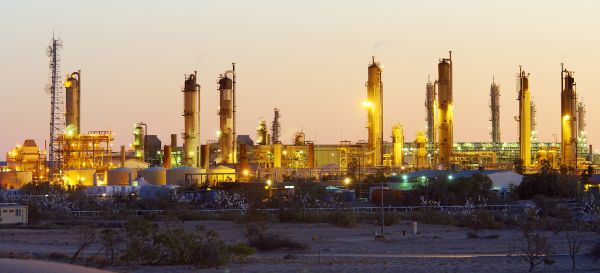05 Aug 2012

Gas exploration and development in Australia is already a high-cost and risky business with a wide-ranging and onerous regulatory burden.
Yet in this increasingly difficult environment, a number of gas buyers and other vested interests are calling for restrictions on where and how Australian gas producers can sell their product.
It is a fundamentally anti-market policy request that would leave its proponents aghast if it were ever applied to their own operations.
The Australian Workers Union’s National Secretary, Paul Howes, unveiled on Wednesday what was described as a new ‘Aluminium Industry Plan’. It is little more than protectionism dressed up as industry-development and a return to the type of thinking Australia rejected in the 1980s.
Incitec Pivot is also calling for restrictions on gas exports, which in effect seek to artificially reduce the price of gas (and therefore, the company’s input costs). Make no mistake, this call is a demand for the shareholders of one industry to subsidise the profits of another.
Like Dow Chemicals before it, Incitec Pivot says limiting exports from liquefied natural gas (LNG) projects would have the effect of “ensuring supply and local affordability”.
The trouble for gas reservation enthusiasts is that this policy would actually impair local gas supply and affordability – not improve it.
Interventions such as domestic gas reservation policies ask gas producing companies – and the Australian people who ultimately own the resources – to bear the risk of finding and developing gas resources, and then give gas on advantaged terms to industries like the fertiliser, explosives, chemical or aluminium sectors.
If taken to its logical conclusion, such an approach could see gas suppliers demanding laws forcing aluminium and steel manufacturers provide below-cost inputs to new gas-processing facilities and pipelines that are currently not commercial.
As the AWU’s Paul Howes himself told a gas industry forum back in 2009: “On the impact of market forces, what is of most value to the natural gas sector is the free flow of resources to this sector as opposed to diversion to unsustainable areas of the economy propped up by either direct or indirect subsidies…”
Gas reservation proponents seem to assume that developing Australia’s gas resources is relatively easy and highly profitable, so a favourable price for a few worthy industries is surely reasonable.
But in reality, gas developments are complex, long-term and high-cost undertakings. And Australia is an increasingly high-cost location to develop these projects.
Much of Australia’s domestic gas supplies have been made possible by developing fields for export. Artificially increasing the domestic commitment of LNG projects would only serve to harm a healthy export industry.
Developing Australia’s gas resources brings significant wealth to the nation, but this will only continue if projects are economically viable and linked to international markets. This is a globally competitive game and Australia is already one of the most expensive countries for constructing major projects.
In this environment, how can those calling for subsides seriously suggest that gas producers restricted from selling onto international markets will be willing to spend billions developing cut-price gas supplies for local markets?
History tells us that protectionism is a slippery slope and that it was never good for Australia.
We cannot afford to turn away from the market-based approach that has served this country so well over the past three decades.
Indeed, with project costs rising and gas projects at risk of being abandoned or deferred, now is the time to reduce – rather than increase – the regulatory burden on gas companies.
The most effective thing governments can do to help keep energy costs down in Australia is to help facilitate – rather than impede – gas exploration and production.
Calls for domestic gas reservation policy fail to take into account Australia’s abundant gas reserves and the basic fundamentals of a competitive market.
Geoscience Australia recently reported that the east coast gas market alone contains nearly 240 trillion cubic feet of coal seam gas – that’s enough gas to power a city of one million people for 5,000 years. And the same report says Australia has a further 396 trillion cubic feet of shale gas.
That’s an awful lot of gas awaiting development.
David Byers is APPEA’s Chief Executive. This article was published on page 12 of The Australian on Monday 6 August.

